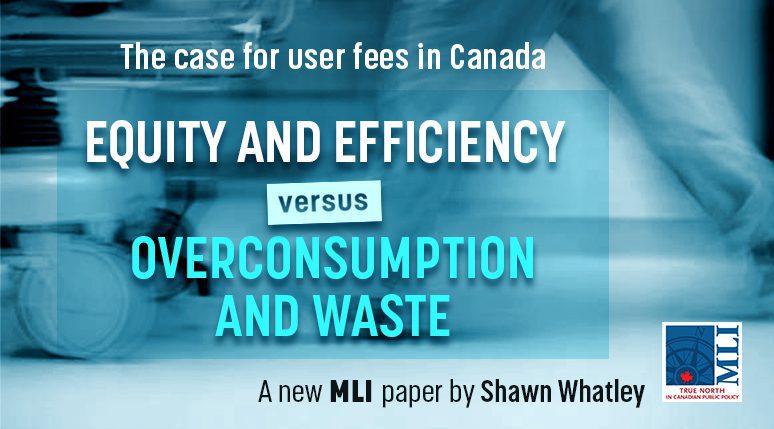
For some reason, physicians love this line:
“I am socially liberal but fiscally conservative.”
It sounds moderate, prudential, even sophisticated.
“Socially liberal” suggests individual choice about sex, marriage, and life in general. “Fiscally conservative” suggests spending restraint and market freedom.
Both statements come from the same philosophy. The first is social liberalism, the second economic liberalism.
In other words, “I am socially liberal but fiscally conservative,” is simply liberalism through and through.
What then do we mean by ‘liberalism’?
Liberalism
Liberal just means freedom. Most people like freedom, at least for themselves.
Libertarians make a whole political philosophy out of freedom: for example, Don’t Hurt People and Don’t Take Their Stuff – A Libertarian Manifesto.
Liberalism, on the other hand, means something more.
Francis Fukuyama is perhaps the most well-known expert on liberalism. At the end of the Cold War, he wrote, The End of History and the Last Man (1992).
Fukuyama predicted a future of liberalism without contest or equal. No more socialism, conservatism, or anything else. Nothing but liberalism forever and ever.
Given the lack of competition, Fukuyama did not need to define liberalism against its enemies. Everyone knew what he meant.
Anti-Liberalism
Fukuyama’s endless future lasted two decades. The liberal consensus is dead, and liberalism faces attack from all sides. Continue reading “Are We All Liberals Now or Has Liberalism Ended?”


